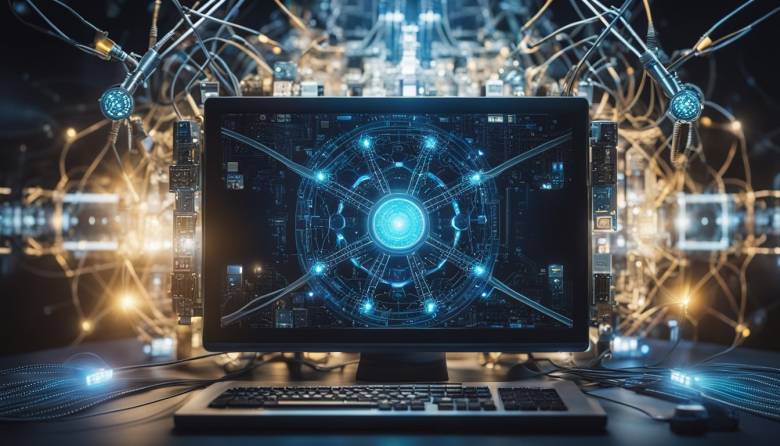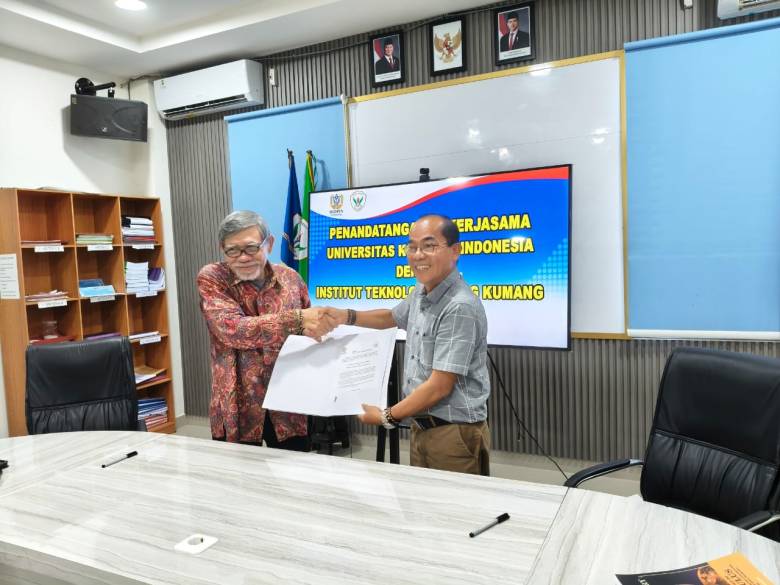God in the Algorithm: Theological Reflection on Future Technology

1. **AI and Religious Ethics**
- As artificial intelligence (AI) technology continues to advance, theological questions arise: Can AI understand or replicate spiritual and moral concepts? Some theologians and scientists are contemplating the possibility that algorithms and machines could create or approximate an understanding of God or morality. However, many question whether this could replace or replicate human understanding of the divine.
- **Relevant topic examples**: "Can God Be Found in Algorithms?" or "Artificial Intelligence and the Existence of God: A Theological Perspective."
### 2. **Technology Ethics and Religious Views**
- Several ethical discussions related to future technologies, such as cloning, genetic engineering, and bioethics, connect with religious views. Do technologies that alter human life or create "artificial life" align with religious teachings? This represents a theological reflection on how God and creation are viewed in a world increasingly dominated by technology.
- **Relevant article or topic example**: "Facing Future Technology: A Theological Perspective on the Power of Algorithms."
### 3. **The Metaverse and the Presence of God**
- With the rise of virtual worlds like the metaverse, some religious leaders are considering whether humans can experience God's presence in the digital world. This involves a theological view of God's presence that extends beyond the physical world, and whether it can also be found in virtual spaces created by humans.
- **Relevant article or topic example**: "Building a Spiritual World in the Metaverse: Is God Present in the Digital World?"
To find more information, you can search for articles on major platforms that often cover the intersection of technology and religion, such as:
- **The New York Times**
- **BBC**
- **The Guardian**
- **MIT Technology Review**
- **Wired**
Articles on these platforms often explore the ethical implications of religion in relation to technological advancements, including artificial intelligence and digital spaces.
If you have further questions or need more information, feel free to ask!



